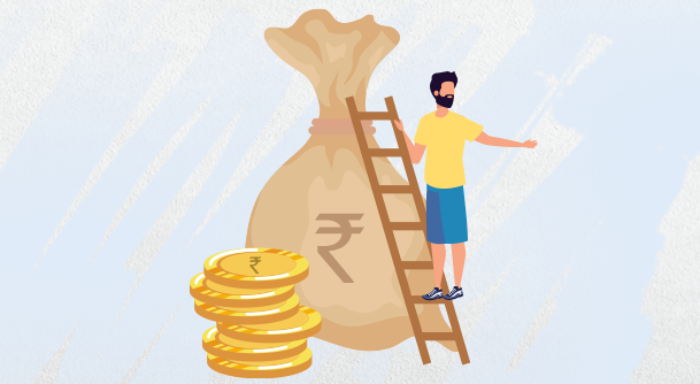The Book 50% of the Population will Find Useful
Blog Title
1090 |
7/2/23 8:25 AM |
This month we have selected a book which can change your perspective about 50% of the population. They are known as introverts.
“In a gentle way, you can shake the world.”Mahatma Gandhi (One of the quotes from the book, Quiet)
Today you are reading about the book titled Quiet. This book has more than 5000 reviews on the Amazon site and 88% of the readers have rated the book with either 5 or 4 stars. Very rarely a book enjoys so much popularity.
If you divide the world into two parts i.e. Extroverts and Introverts; this book applies to almost 50% of the population i.e. Introverts. And to know about the introverts and how to deal with them, Extroverts would also be benefited.
The following two reader reviews would be useful.
- This book literally made me cry!! Now I know myself and proud of myself as introvert .thanks again.
- At age 57, I finally understand who I am thanks to this book!
The author of the book Susan Cain is a Sunday Times and New York Times bestseller. This book has been translated into 30 languages.
There is a quote in the book,
”Our culture makes a virtue of living only as extroverts. We discouraged the inner journey. So we lost our centre and have to find it again.” Anais Nin, Cuban Writer.
The logline on the book cover is interesting. It reads.” The power of introverts in a world that can’t stop talking.”
Handpicked related post: 3 wealth creation books to read when you are in the 20s
Introverts are the ones who prefer listening to speaking, reading to partying; who innovate and create but dislike self-promotion; who favour working on their own over brainstorming in teams.
Although they are often labelled “quiet,” it is to introverts that we owe many of the great contributions to society.
The book was divided into four parts. Part One, “The Extrovert Ideal,” focuses on this concept that the author defines as “the omnipresent belief that the ideal self is gregarious, alpha, and comfortable in the spotlight.”
The author gives examples of how organizations, such as Harvard Business School, seemingly try to turn introverts into extroverts by equating such characteristics as speaking up in class with performance.
Part Two is entitled “Your Biology, Your Self?” In this section, the author discusses the connection between temperament and personality, and studies that have examined the influences of innate, inborn temperament on personality type.
Warren Buffett is used as an example of an individual that used his introvert qualities to his benefit to become successful and powerful.
Part 3, “Do All Cultures Have an Extrovert Ideal?” examines the idea that the Extrovert Ideal is an American standard that is not typical in other cultures. Gandhi is discussed as an example of a classic introvert that found power in his shyness.
This leads one to think about whether we, as a society, focus on personality traits too much as a measure of an individual’s capability of success in certain work environments.
Part 4, “How to Love, How to Work,” discusses the idea that we shift our personality traits based on the situation that we find ourselves in.
The author also discusses the attraction between individuals of opposite personality types, as well as the potential difficulties in communication between introverts and extroverts.
In the Conclusion the author writes, managers should “make the most of introverts’ strengths—these are the people who can help you think deeply, strategies, solve complex problems, and spot canaries in your coal mine.” These are definitely qualities that are valued in leaders in many fields.
In addition, this book helps to shatter the belief that extroverted individuals are superior. It provides a much-needed change in perception for introverts hoping to become leaders.
The following quote aptly summarises the power of the Introverts.
”Introverts recharge their batteries by being alone; extroverts need to recharge when they don’t socialise enough.”
Chirag Iyer - BFSI Enthusiast
Chirag is a writer and an avid reader who loves to drink coffee! His other interests include boxing, karate, and singing.







